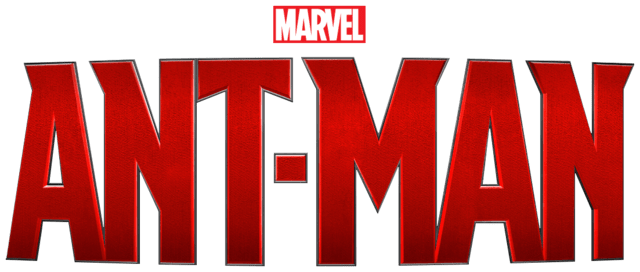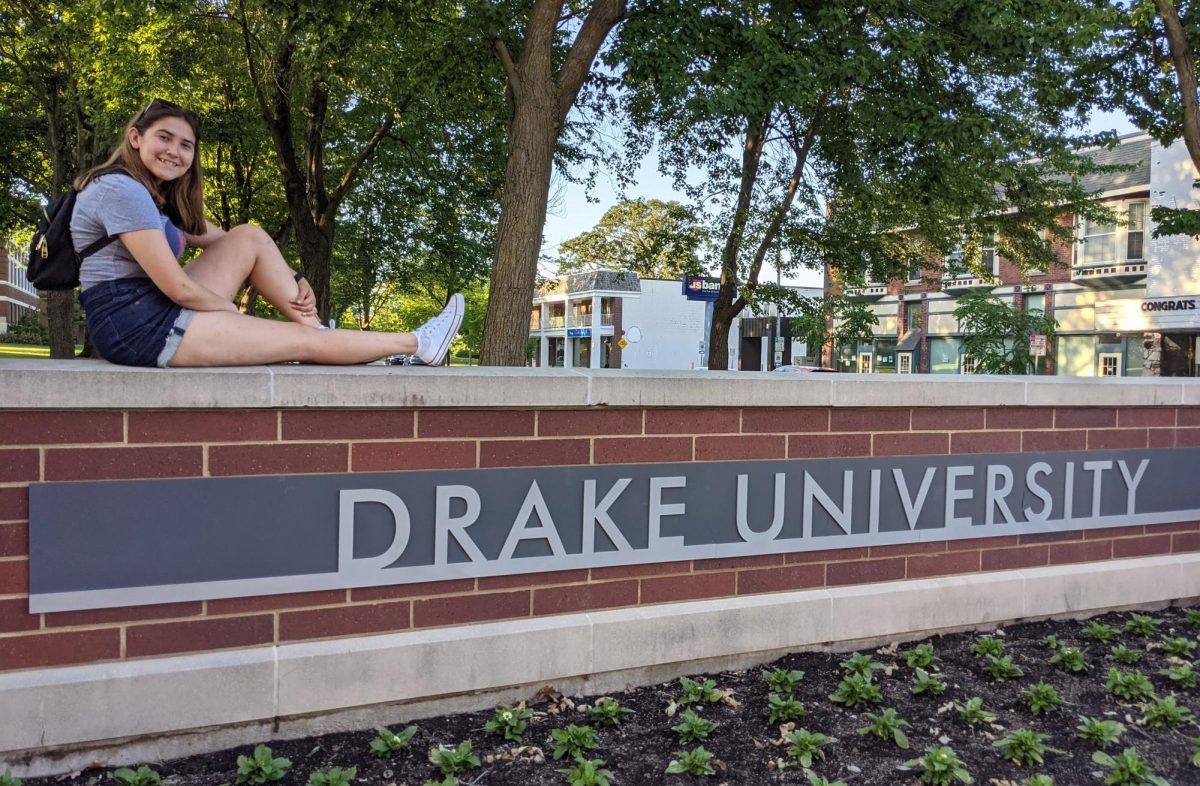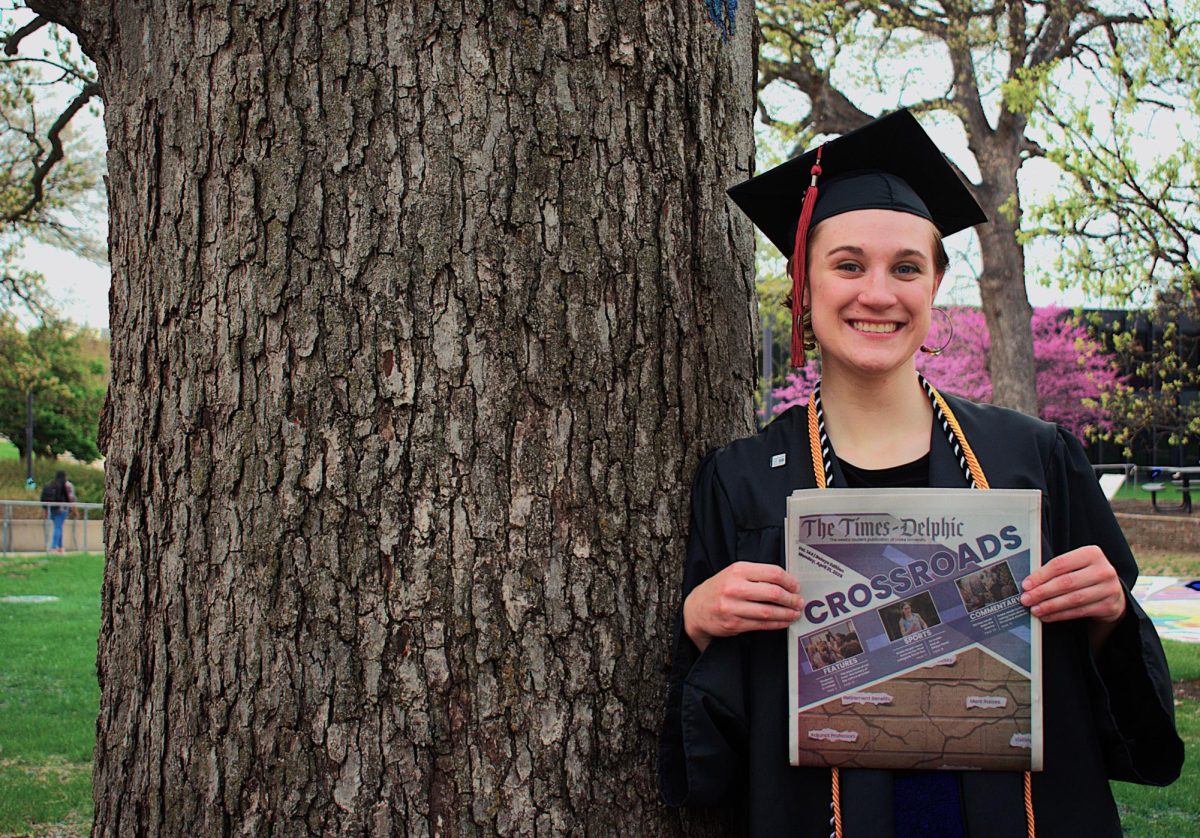“AntMan: Quatumania” is the third entry in Marvel Cinematic Universe’s “Ant-Man” film series, which follows Scott Lang, an ex-con and a father, on his journey to redemption.
The film features Paul Rudd as Scott Lang/Ant-Man, Evangeline Lilly as Hope Van Dyne/The Wasp (and Scott’s girlfriend), Katherine Newton as Cassie Lang, Scott’s daughter, Michael Douglas as Hank Pym, creator of the Ant-Man suit and Pym particles and Michelle Pfeiffer as Janet Van Dyne, Hope’s mother who returns from the Quantum realm. It also introduces Jonathon Majors as Kang “The Conqueror,” an alternate form of the creator of the Time Variance Authority.
The film is set after The Battle of Earth, where Scott is a well-respected Avenger, Hope is managing Pym Industries and Cassie, now a teenager, is a political activist, causing a strain on her relationship with her father, a dynamic that isn’t explored or explained very well. She invents a device that can send signals into the Quantum realm to map it which ends up transporting all of them into the Quantum realm.
The movie’s biggest drawback is what is supposed to be its selling point – the “Quantumania,” if it can even be called that. When you use CGI characters in a computer-generated background, there comes a saturation point where it becomes stale. This isn’t specific to this film, it’s an MCU-wide problem and yes, there is a thing as too much CGI.
The only mania in the film is the scrambled screenplay, which goes through radical tonal shifts and fails to evoke any real emotion. The action is drab and we’re shown the same recycled stunts that we’ve seen countless times. This is a glaring concern considering that this is an action superhero film with its fight choreography and climax action set piece being its main selling points. There’s no inventive production or prop use when it comes to action either, the choreography team sticks to the absolute basics. These sequences are assisted by choppy editing that doesn’t suit the scene or make you feel engaged in the fight and a misplaced score that doesn’t help much either.
To make it worse, it features a villain that is neither compelling nor terrifying. He simply exists in the film and does what the MCU-typical story beats require. The fact that this is a villain that could destroy complete timelines at once and yet inspires nothing but a yawn only goes to show how poor the writing and direction of this film is. It also suffers from the same problem other recent MCU projects suffer from – death by (very poorly placed and completely unrequired) jokes.
This isn’t to say that the film doesn’t have anything going for it – it does have some good humor. Majors, Douglas and Pfeiffer do an impressive job with the limited material they’re provided and Christophe Beck delivers a passable (but very badly placed) soundtrack. That being said, it’s the VFX and CGI teams that deserve a shout-out – they’re made to produce an insane amount of frames with multiple layers, each one intricately designed. It’s unfortunate to see it amount to absolute chaos because of terrible placement, but every single rendering is beautiful and made with so much effort.
This is exactly what makes this movie so heartbreaking to watch – to see so much effort and work amount to such a poorly-made movie that just can’t capture your attention because of the bad writing. I remember sitting in the theater and wondering when this movie would end because it’s just so incredibly boring and generic that I could’ve not watched the end and still told you what would happen.
The plotline that had some potential was Scott and Cassie’s dynamic but even that feels disingenuous, and Cassie in particular comes across as a character who’s written as an adult trying very hard to think like a teenager and failing badly. Scott’s worry as a father who doesn’t quite know how to deal with the fact that he lost so many years of his little girl’s life is never fully explored or even addressed bar one line in the movie. His struggle to come to terms with the fact that the little girl he left behind is now a near-adult is never fleshed out, nor is the new hybrid-family dynamic. Hope and Scott’s relationship, another major selling point of the movie, is also not given any time, and we as the audience are left with a few lines about how happy Scott is in this relationship with some very badly-incorporated exposition.
This forms a major screenplay issue with this film, with so much telling and little to no show. Further, so many important plot points take place off-screen simply because they are more convenient that way resulting in the end product feeling almost cheapened. The writers forget that the audience fell in love with a film series that focused on this family and their struggles, not a formulaic CGI bonanza with a generic action-adventure plot. Even if the first two films relied on the latter in parts, the backbone was always this family – that’s what made us root for the little guy.
It loses the original movie’s theme – absolutely anyone can get up, decide to be better and put in the work to succeed even if everything works against them. The little guy will win someday because they have their family with them, even if it’s a little broken and slightly crazy. It’s sad to see “Ant-Man: Quantumania” push aside the core of what made this franchise special for an absolute snooze-fest of a film, especially when it came at the cost of dehumanizing VFX artists.







